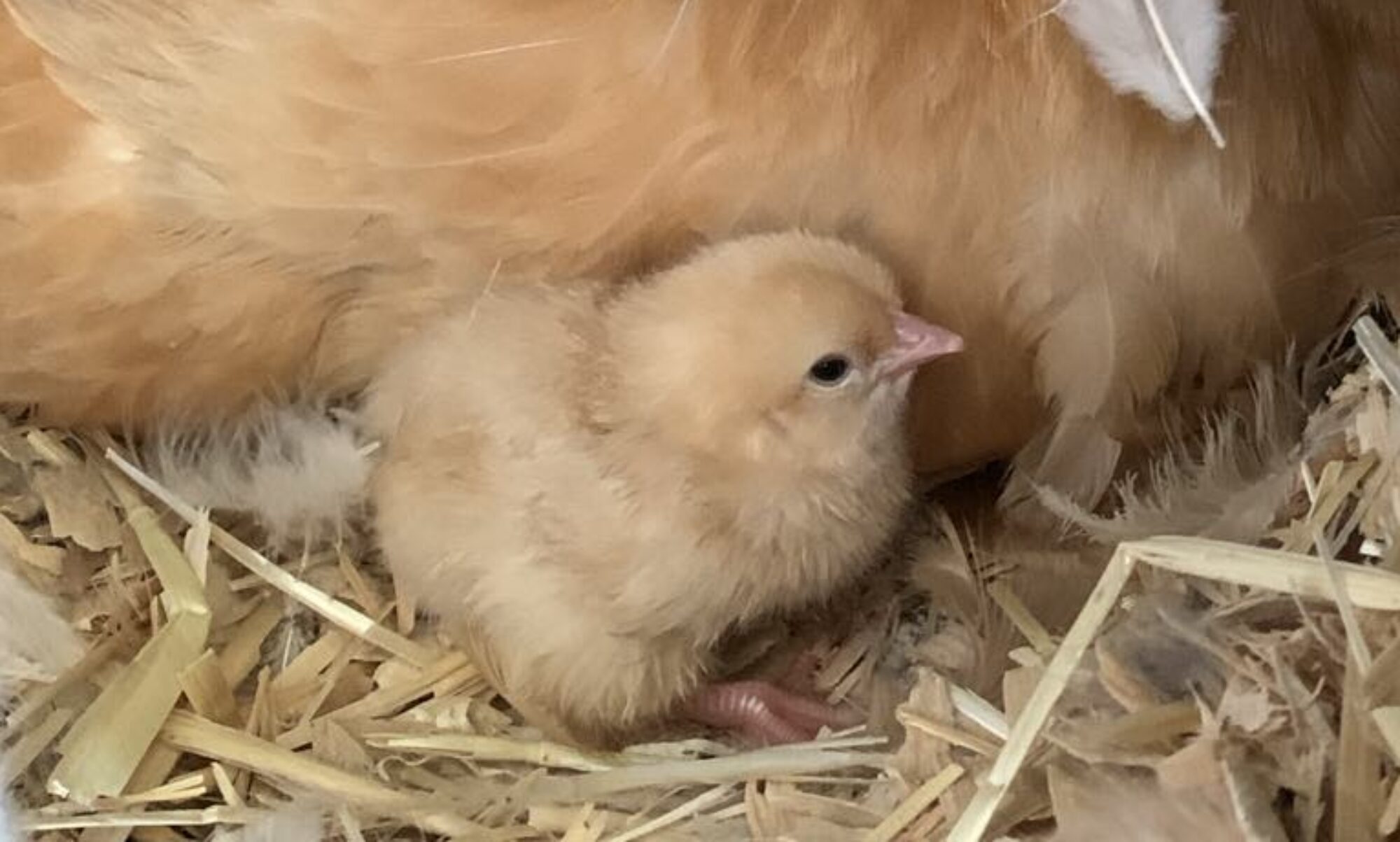There are several reasons why you might want or need to bottle feed your baby goat. We have a doe who after kidding refused to feed her babies. The young ones seemed to scare her to death! She was very good at watching over them from a safe distance, but if they came near her, she would bolt! We would milk the doe then bottle feed the babies. You might have a doe who just doesn’t have the milk supply to adequately nourish all her little ones. You might want to supplement the kiddo’s milk with a bottle just to increase their socialization and encourage them to be more people friendly. You might be taking on some kids from another farm who had been nursing off their mom but are not quite old enough to be weaned. Whatever your circumstance, bottle feeding your baby goat should not be a difficult or dreaded process. It should be fairly simple and enjoyed as much by you as the babies.











